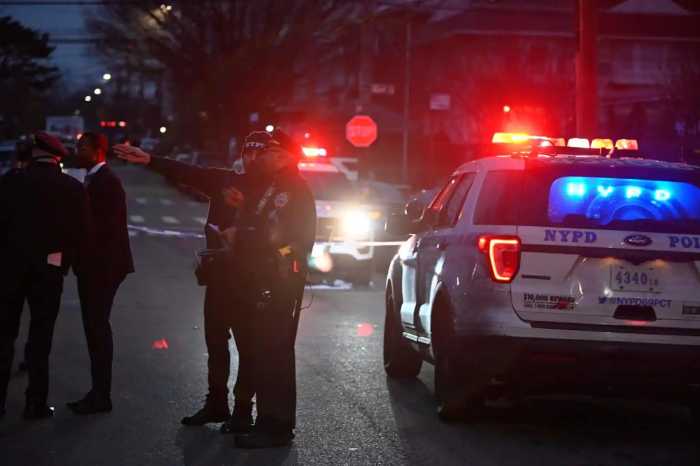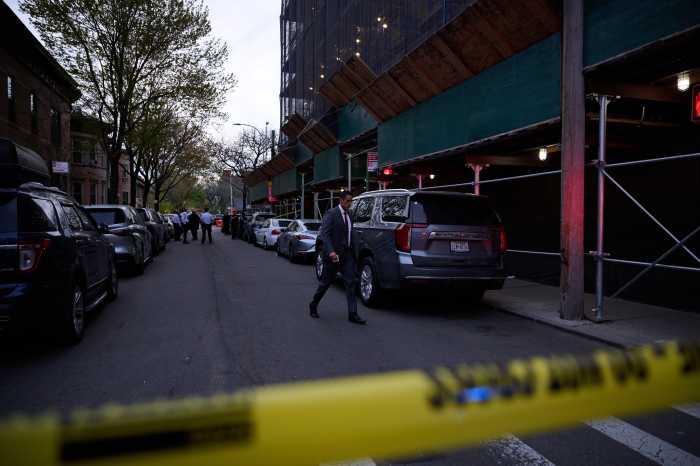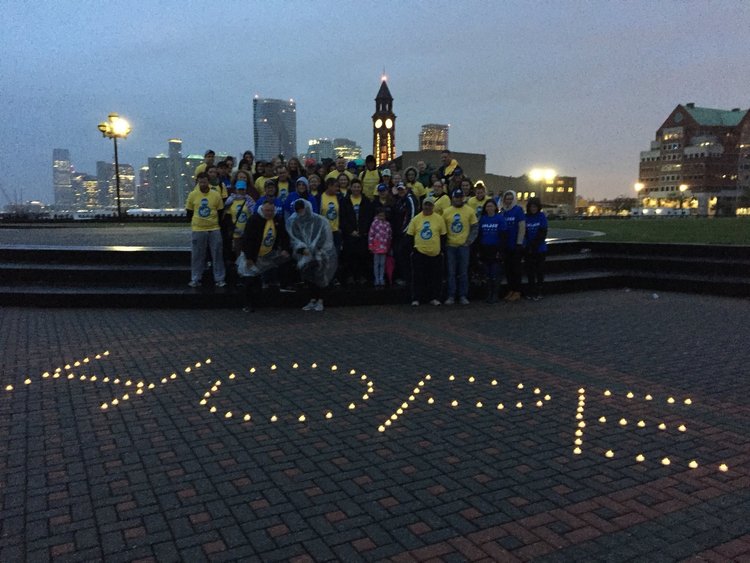By Steve Mosco
The damage brought to the city from Hurricane Sandy brought out the best in some — and the worst in others.
The state and city warned unsuspecting homeowners seeking post-storm repair work to guard against scammers looking to take advantage of a devastating situation. Borough President Helen Marshall and other elected officials were told by the mayor’s office last week that the city Rapid Repairs program made assessments on almost 2,600 homes in Queens and homeowners should remember the program is free.
“If someone shows up and says that they are from the Rapid Repairs program and wants money — they are not from Rapid Repairs,” said Kathryn Mallon, who manages the program.
The Rapid Repairs program provides free, temporary repairs in residences to allow residents to get back into their homes while planning permanent repairs. The temporary repairs can be for restoration of heat, hot water and power. Besides guarding against scammers, Mallon said tenants who suspect their landlords may be delaying repairs can report the individual by calling 311 and connecting with a Rapid Repairs representative. The city could eventually place liens on such properties for repairs costs.
Mallon said the program has already completed 2,577 assessments in the borough and has another 1,686 pending in Queens.
Gov. Andrew Cuomo also warned against scammers and said residents can protect themselves by taking simple precautions.
“Most people and businesses will be hard at work rebuilding, but sadly some dishonest people will try to take advantage of others’ misfortune to make a quick, dishonest buck,” said Cuomo. “You don’t want to add being cheated to the damage you have already suffered from the storm.”
Benjamin Lawsky, superintendent of the state Department of Financial Services, said home repair fraud increases exponentially following major storms.
“If your property has been damaged, you are likely to be upset and want to get things back to normal as quickly as possible,” said Lawsky. “Scam artists take advantage of that. That’s why it’s important to take the time to think through decisions, shop around, get a written contract and just say no to anything that sounds suspicious or too good to be true.”
Lawsky said homeowners should avoid contractors or salesmen who show up at the house or call and offer to make repairs, say that repairs must be made immediately, talk fast and in a confusing manner, offer a discounted price, say something that is too good to be true and are not established local businesses.
“It is a good idea to review with your family how to handle someone coming to your door to sell a home repair,” said Lawsky. “If you all know what to do, that will help prevent home repair scams.”
Reach reporter Steve Mosco by e-mail at smosco@cnglocal.com or by phone at 718-260-4546.


































